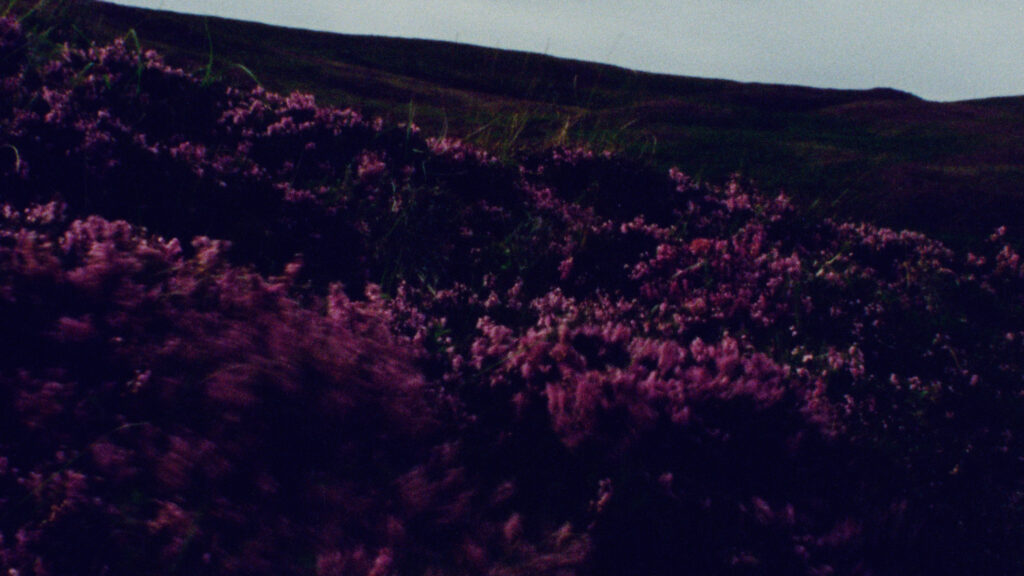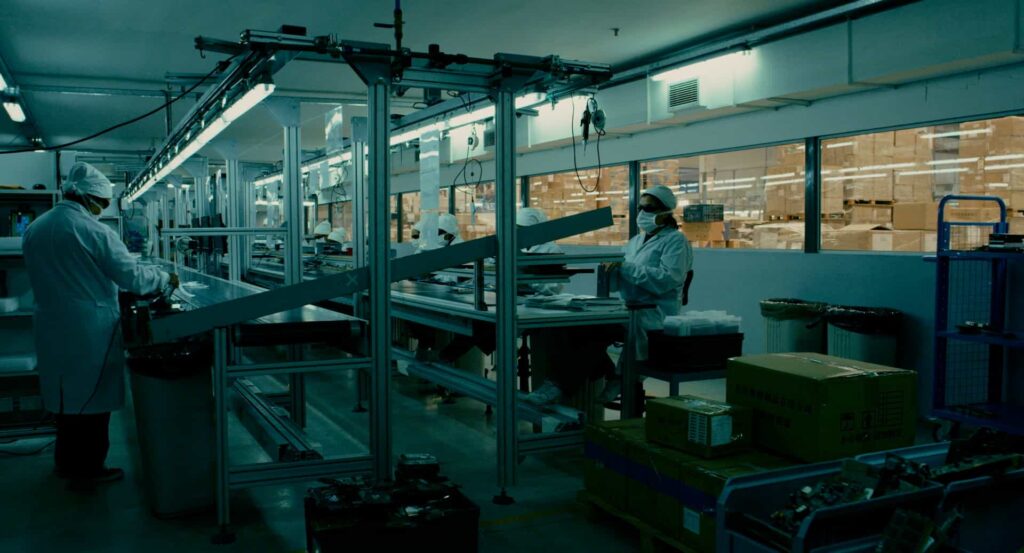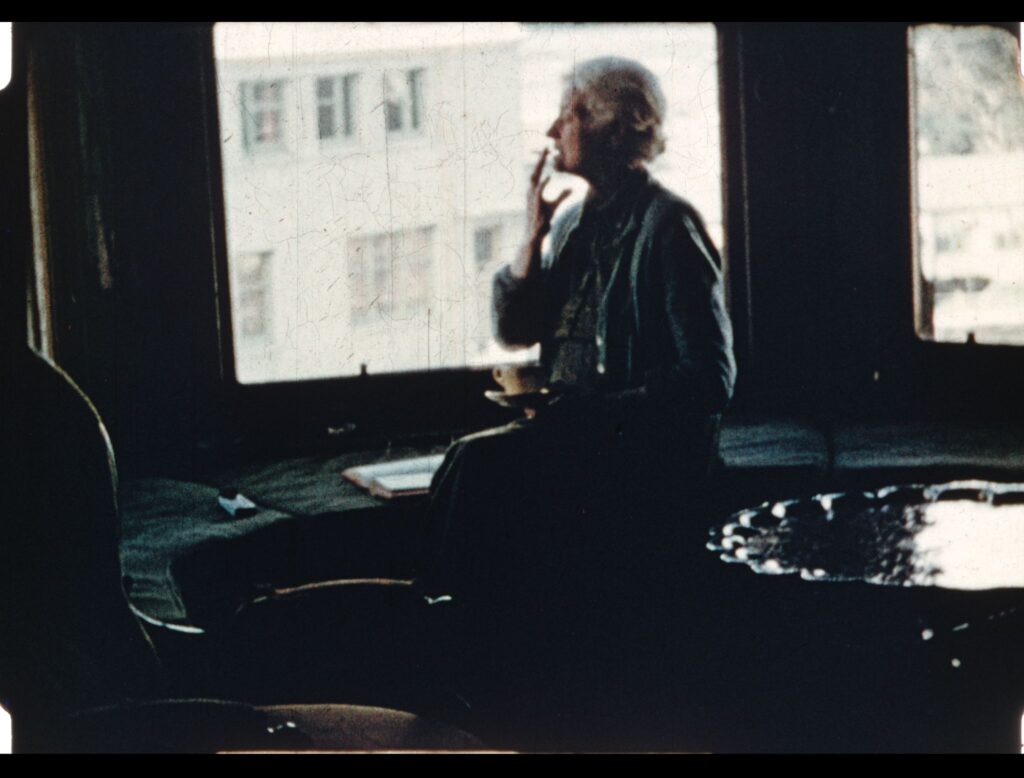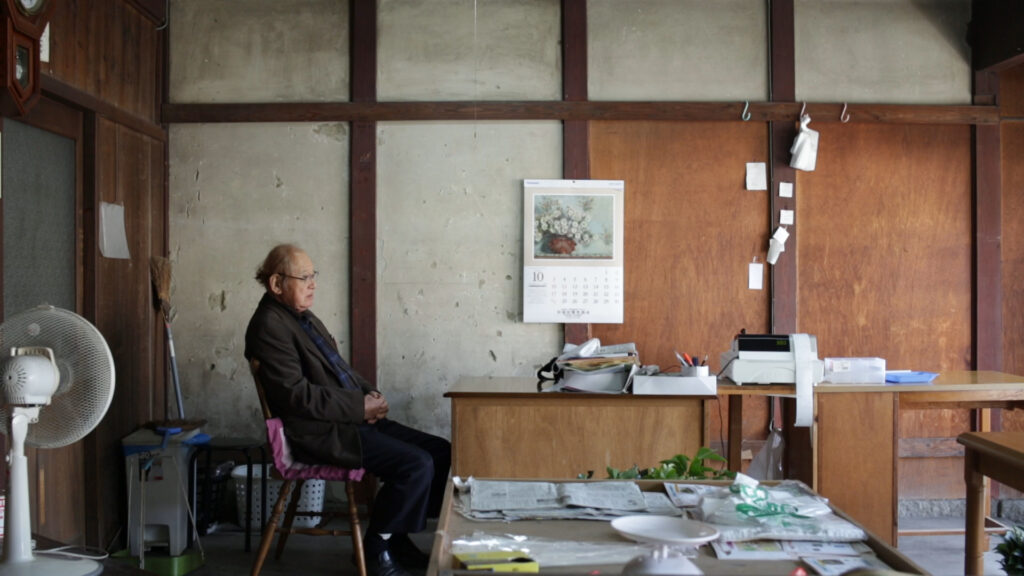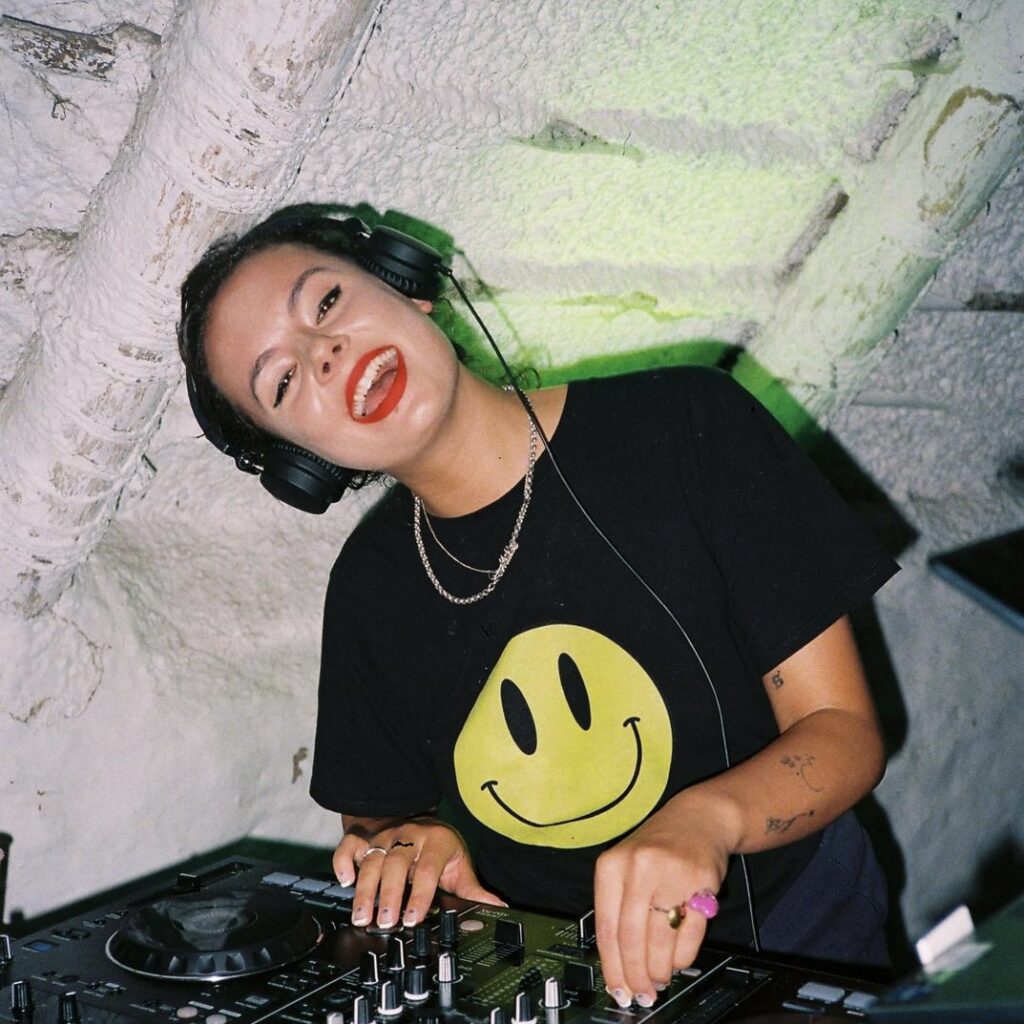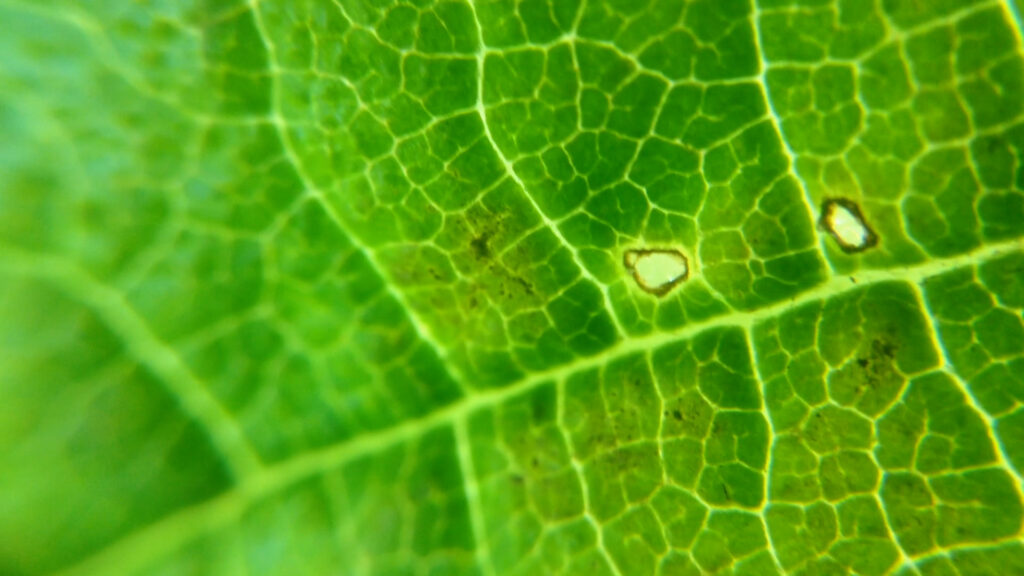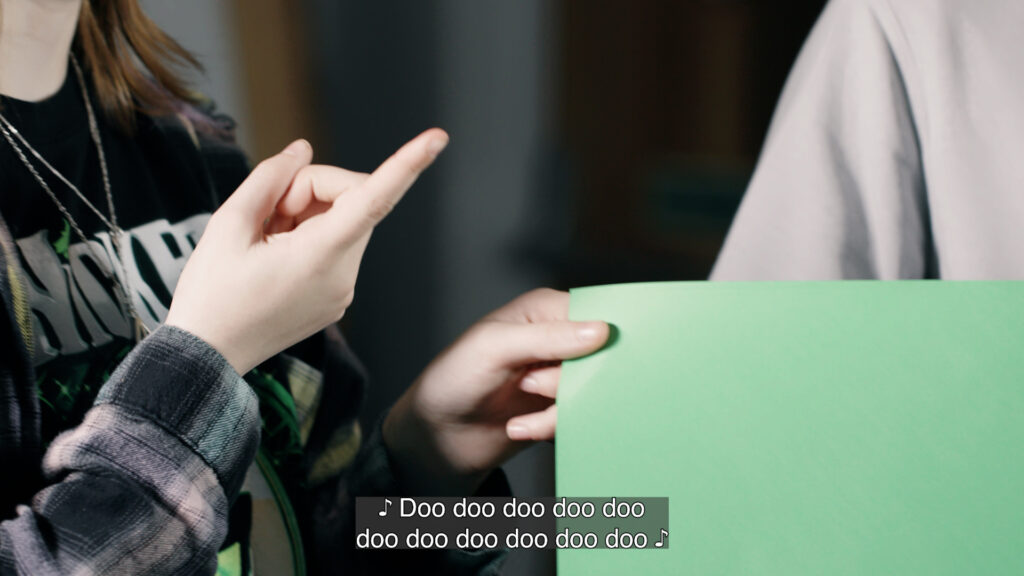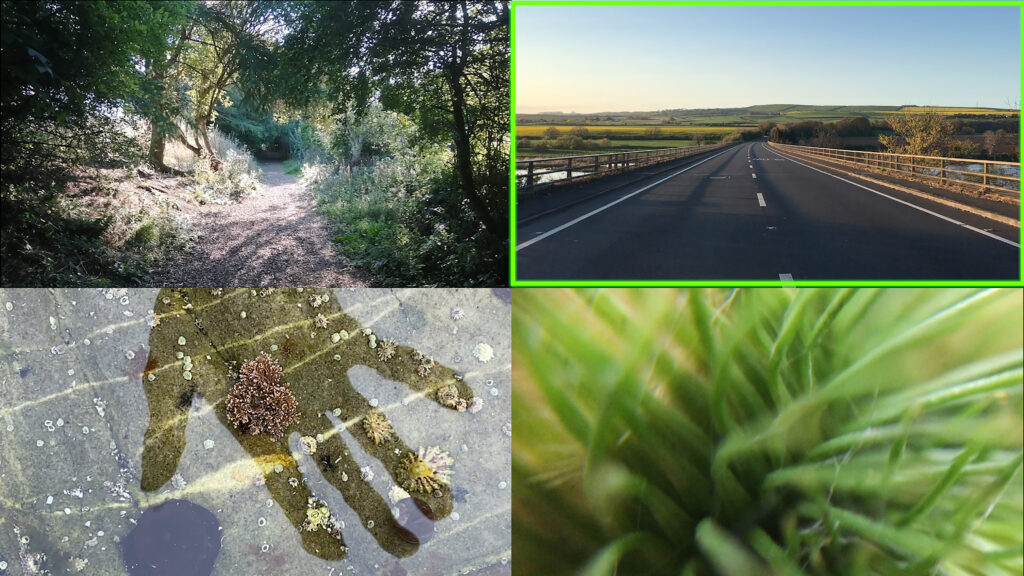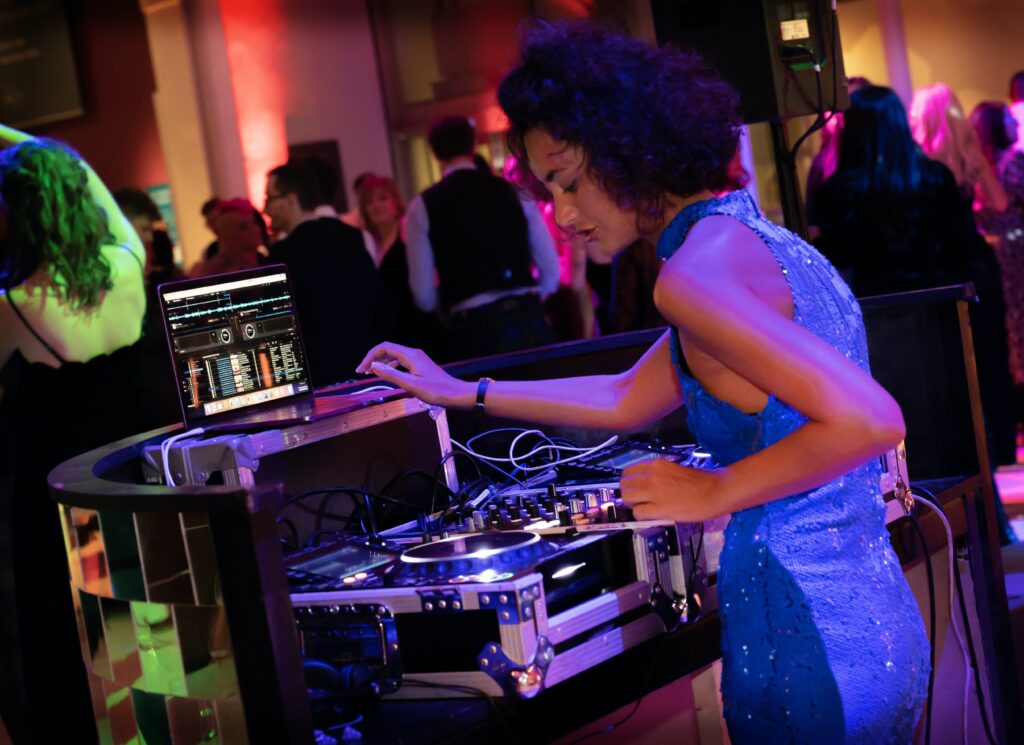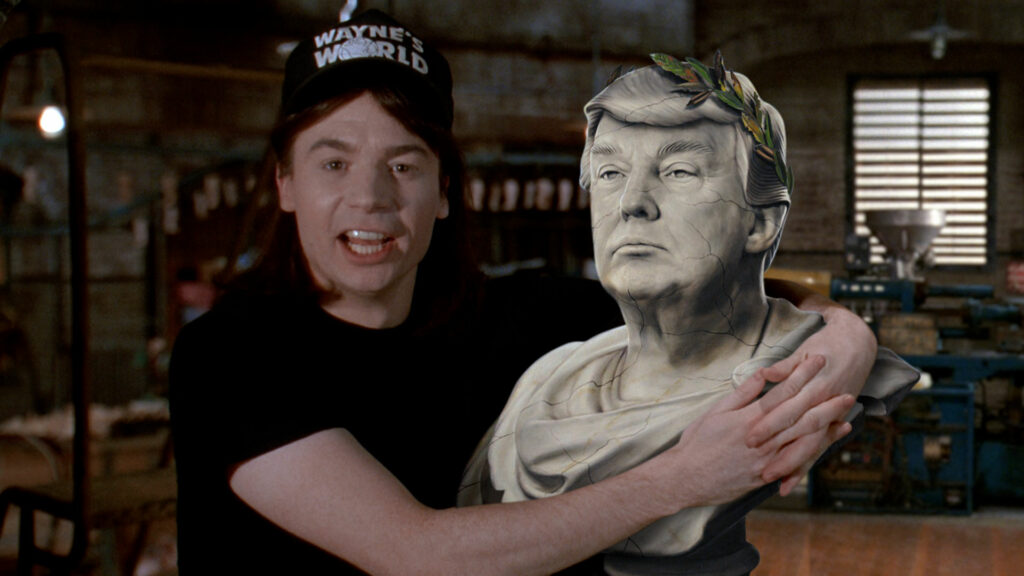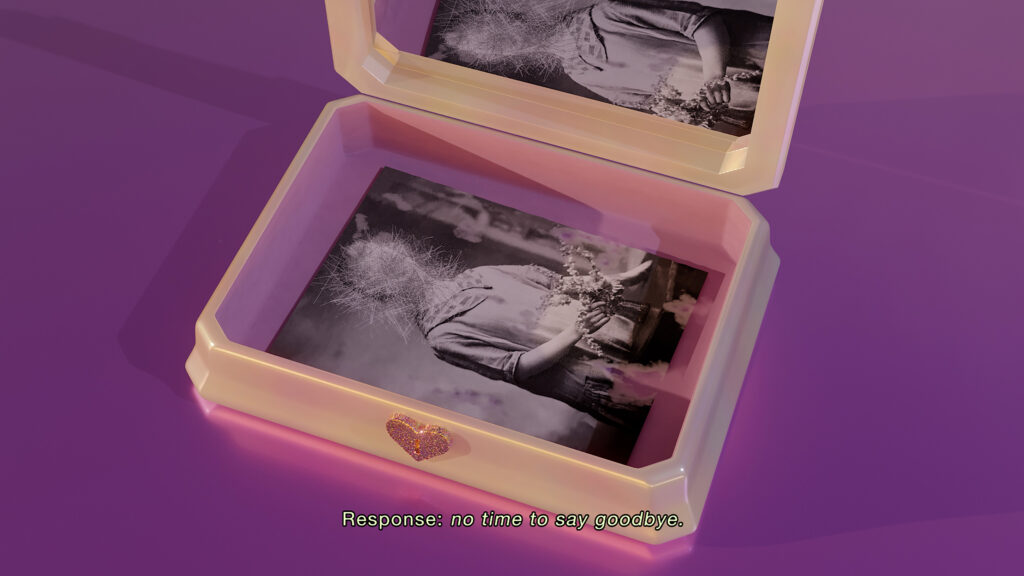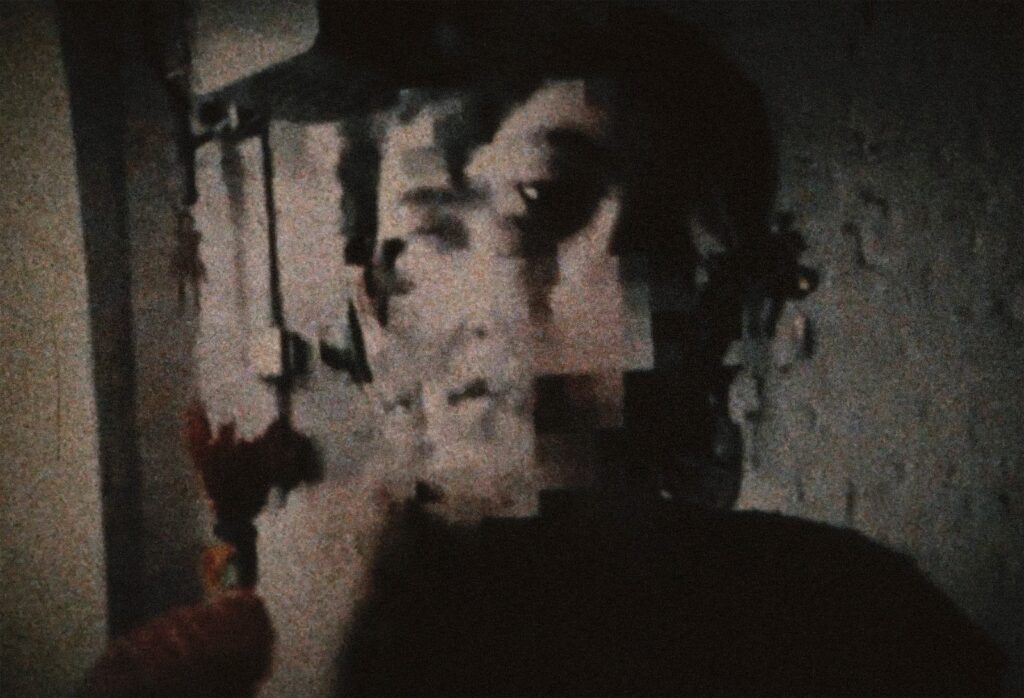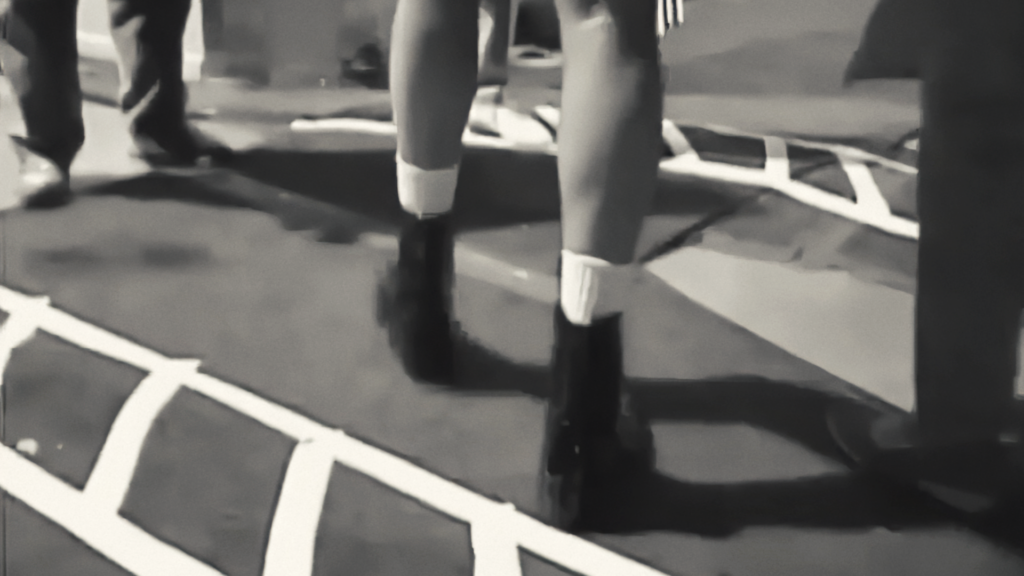barrunto is a feature length speculative fiction taking place in a future of the past, in a present, ruptured now. It is an intimate exploration of environmental grief and resistance in shifting landscapes of loss, from the streets of Puerto Rico to sites of nuclear contamination and military occupation in Scotland, from the bottom of the ocean to the planet Uranus. Through digital, archival and hand-processed 16mm film, barrunto sensorially translates bodily unrest, forecasts, or omens via signals sensed in the environment.
Programmes
A twentysomething in Argentina loses his warehouse job. Boys in Maputo, Mozambique, perform half-hearted sex acts in front of a webcam, and a woman in the Philippines assembles electronics in a small factory. The Human Surge is hybrid cinema at its most playful and electrifying – a docufictional exploration of labour and the global digital economy, and an almost spiritual reflection on our collective relationship to the multiple realities produced by imaging technologies.
Drawing on a wealth of unseen archival material and unpublished notebooks, Being in a Place weaves a complex and personal portrait of Margaret Tait’s life, from the perspective of a fellow artist sensitive to the potential Margaret envisaged for film as a poetic medium. At the centre of the film is an imagining of an unrealised script for a feature film discovered amongst Margaret’s documents in Orkney titled, Heartlandscape: Being in a place – a document of a landscape, and of a journey through it.
A quiet, atmospheric portrait of an elderly store owner in the small town of Yagi, Kyoto Prefecture. Yu Araki’s camera carefully observes the curiously named Mr. Yagi’s daily routine and interactions with local customers during the last autumn season for his shop, which is no longer in business. Documenting the passage of time in parallel with processes of depopulation, the title Tempo conjures a double meaning; playing on the Japanese word “tenpo (店舗)” which means “store”.
Subterranean Sound and GRDN’s off-kilter DJ, event organiser and party-pusher, Noodle, invites you to show your bones on the dance floor and work your way through a loose, playful, potent hit of minimal, bouncy, bass-driven breaksy sounds.
Three short works by young filmmakers in Berwick, made collaboratively with artists Kimberley O’Neill and Kathryn Elkin. Applying techniques of digital filmmaking and documentary storytelling, the films explore entangled relationships between people, technology and the local environment.
After a day at the movies, it’s time to get up, get down, and get on out to party with Miss Mobile Disco – Edinburgh’s finest Mobile DJ, serving up killer cocktails of disco, funk, soul, 80’s and feel good party gems!
Renegade remixologists Soda Jerk return with Hello Dankness, a bent suburban musical comprised entirely of pirated film samples that bears witness to the psychotropic cultural spectacle of the period 2016 to 2021. Set in the American suburbs, the film follows a neighbourhood as consensus reality disintegrates into conspiracies and other political contagions. Part political satire, zombie stoner film, and Greek tragedy, Hello Dankness is also informed by the encrypted memetics of contemporary internet culture.
Three concentrated doses of cinematic pleasure. Artists in this programme meditate on storytelling and agency, synthesising practices of filmmaking and living to suggest new forms of intergenerational care. The ways we interpret our collective selves are explored through tender engagements with technologies of record and remembrance.
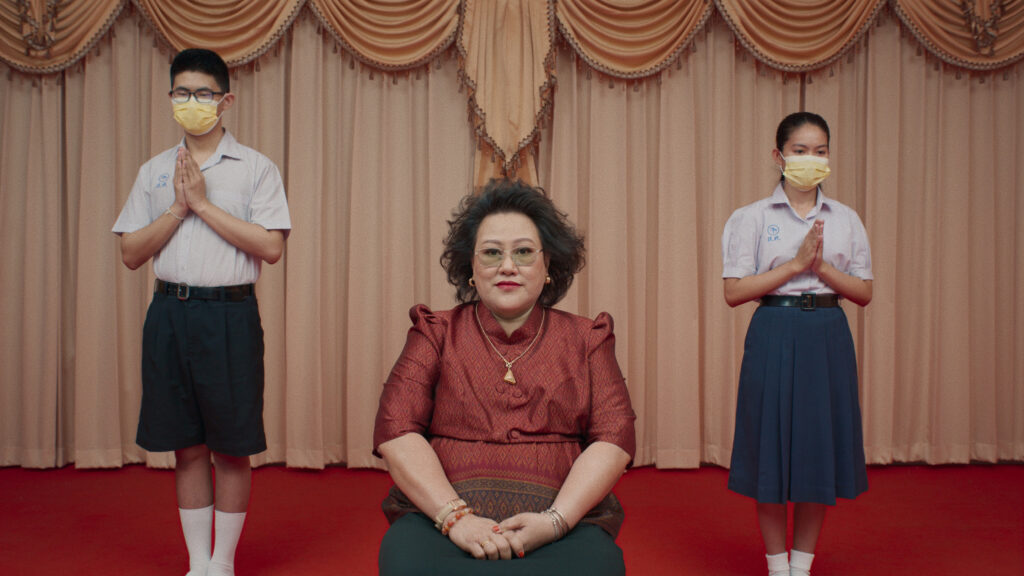
Closing Film: Arnold is a Model Student
Inspired by the Bad Student movement calling for educational reform in Thailand, Arnold Is a Model Student follows the titular protagonist as he joins forces with the rebellious Bee and an underground syndicate of misfits helping students cheat on their exams. This accessible yet subversive debut feature from Sorayos Prapapan pivots deftly between moments of absurdist humour and heartfelt, urgent gestures of cinematic protest. Combining dramatic details from his own childhood with footage from contemporary news and social media, Prapapan acknowledges a continuum of generational experience and the interplay between reality and fiction.


